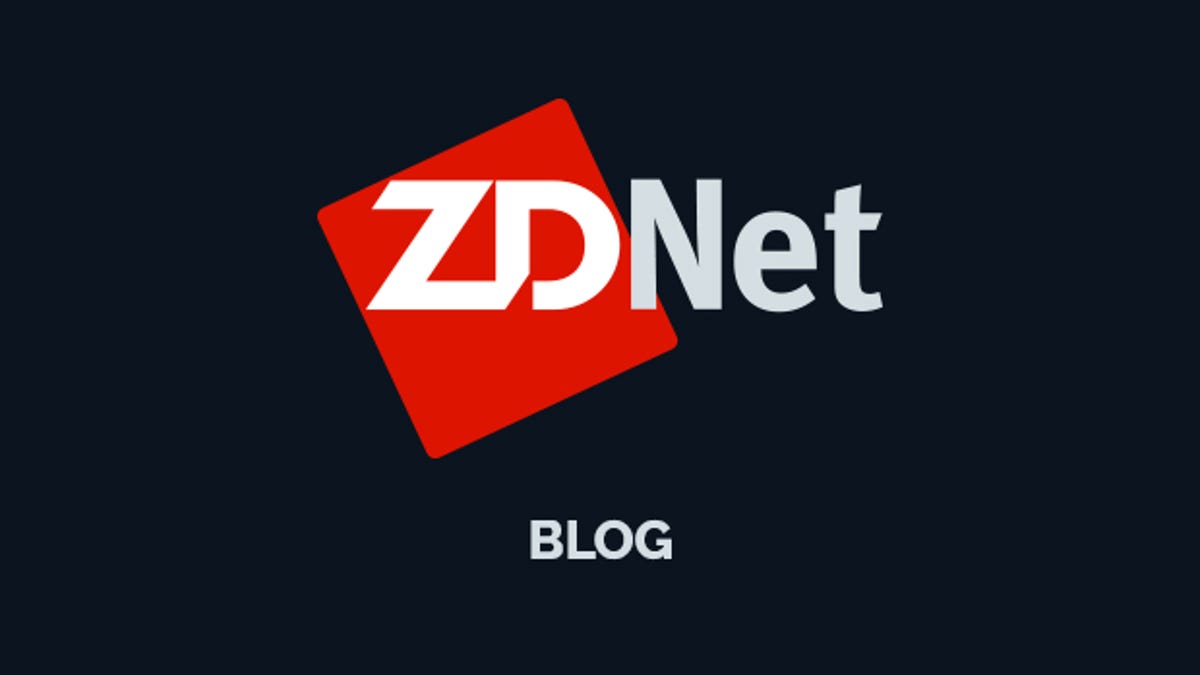Hi,
as you can see the system was configured around 2018 and was very stable until one of the drives in hardware RAID 5 failed.
So the drive was replaced and RAID was rebuild by Raid controller, no more alarms. But the /mnt/ftphome is lost.
I'm new to the FreeNAS/TrueNAS and want to be cautious not to loose data if it still there.
Please let me know if additional information is required. And in general can you point me to good source of information how to deal with this problem?
Thank you.


as you can see the system was configured around 2018 and was very stable until one of the drives in hardware RAID 5 failed.
So the drive was replaced and RAID was rebuild by Raid controller, no more alarms. But the /mnt/ftphome is lost.
I'm new to the FreeNAS/TrueNAS and want to be cautious not to loose data if it still there.
Please let me know if additional information is required. And in general can you point me to good source of information how to deal with this problem?
Thank you.


